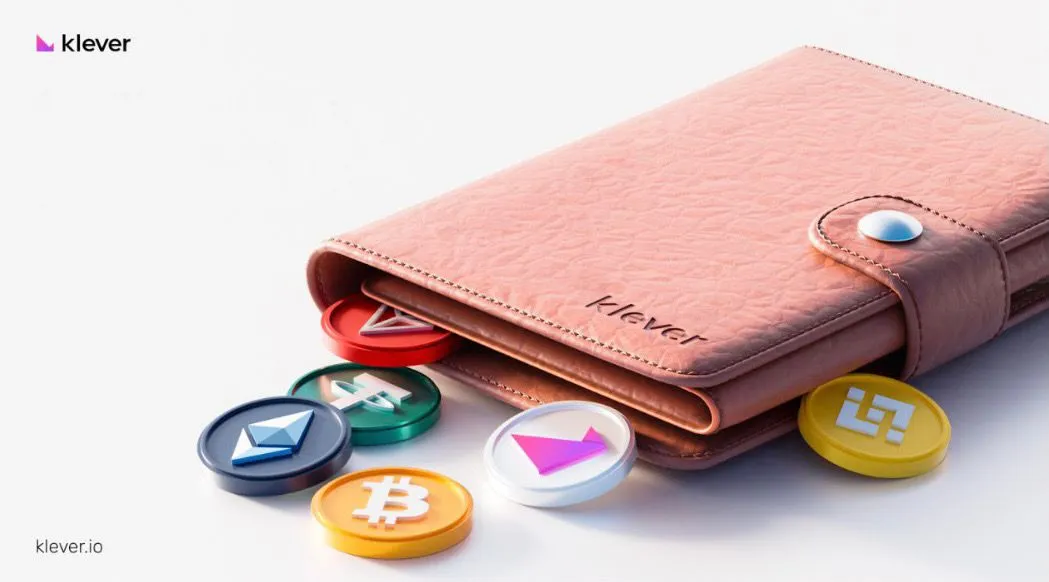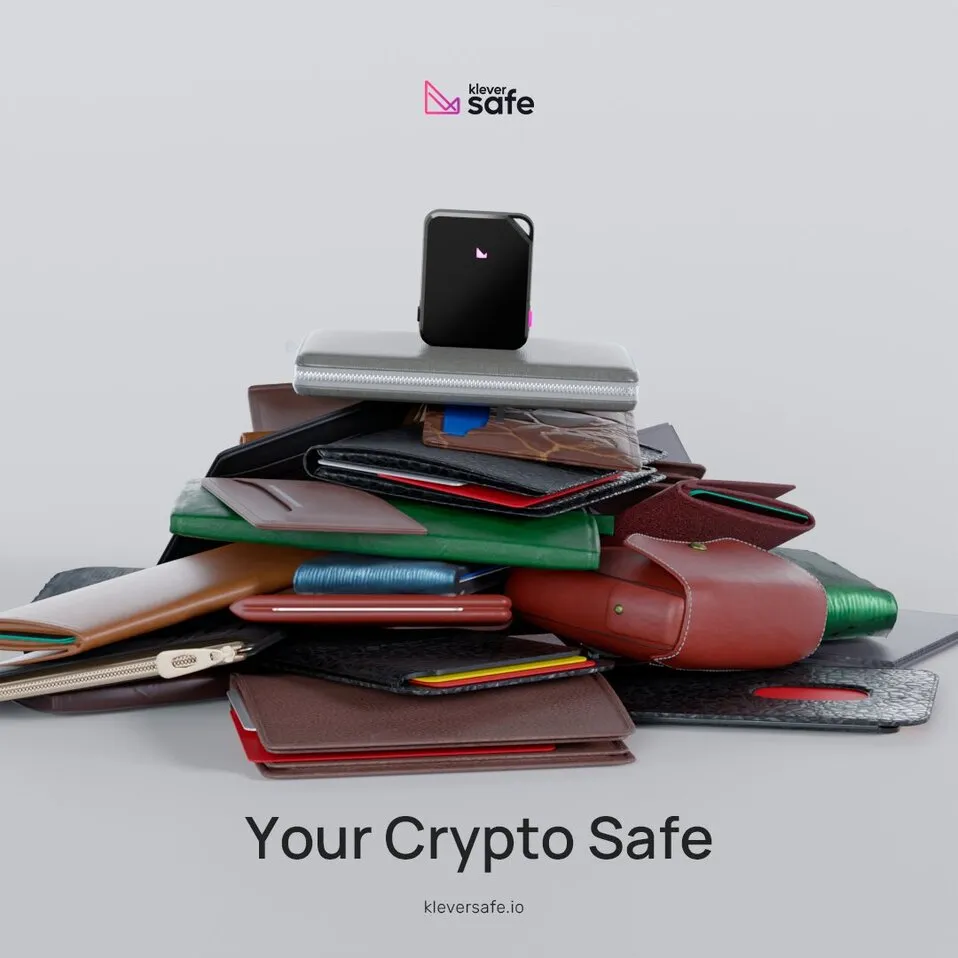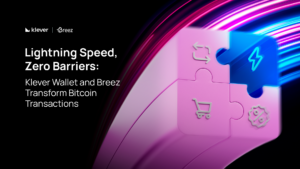
Hey, crypto friends! If you’re looking to dive deeper into the world of crypto wallets, this blog is for you!
A cryptocurrency wallet is essentially a digital wallet that stores your keys and accesses your virtual currencies. It has a public key (an address to receive) and a private key (to authorize transactions). Crypto wallets play a crucial role in the cryptocurrency ecosystem, enabling users to store, send, and receive their digital currencies securely. There are different types, each with varying levels of security, and many support multiple cryptocurrencies.
Let’s look deeper!
Understanding crypto wallet

Crypto wallets are like apps on computers or smartphones that we use to access our digital coins on the internet. These coins aren’t stored in a physical location; they’re just online data. The wallet helps us easily send or receive digital coins using special addresses and keys.
Types of Crypto Wallets
Discover the essential types of crypto wallets
Custodial
Hosted by third parties that store your keys for you. This could be a company that provides enterprise-level data security systems used by businesses to preserve and protect data. Some cryptocurrency exchanges offer custodial wallets to their clients.
Non-Custodial or Self-Custodial
Wallets where you take responsibility for securing your keys. This type includes most cryptocurrency wallets on devices.
Hot Wallets
Connected to the internet or a device that is connected.
There are one subcategory of hot wallets:
-
Software Wallets
Available as apps for desktops and mobile devices. They enable access, transactions, and balance viewing, with some offering exchange integration. Allow for quick payments in physical stores via NFC or QR code, compatible with iOS or Android. These wallets, usually hot, offer comprehensive functionalities for managing cryptocurrencies.
Cold Wallets

Provide offline storage, generating more security, like KleverSafe.
There are two subcategories of cold wallets:
-
Hardware Wallets
Widely preferred, hardware wallets allow for the secure storage and removal of private keys, resembling USB drives. Connectable to computers or devices, these modern wallets facilitate automated cryptographic transactions, avoiding key insertion for protection against hackers. Considered cold wallets, they remain disconnected until used, offering additional security.
-
Paper Wallets
Initially, cryptocurrency users would note down their keys on paper, known as paper wallets. They evolved to include QR codes, facilitating scanning by mobile devices. Although vulnerable to damage, some still use them, storing them securely and periodically checking their condition.
Crypto Wallet Security

Wallet security is crucial, as cryptocurrencies are high-value targets for hackers. Some safeguards include encrypting the wallet with a strong password, using two-factor authentication for exchanges, and storing large amounts offline.
Seed Phrase
Most wallets use a special twelve-word phrase to keep your wallets secure, but at Klever, to increase security and reduce the likelihood of hacks, we’ve increased it to 24 seed-phrase. It can be a random phrase, which is like a magic key that helps recover your things if your device is lost or broken. Keep it safe, because if someone finds it, they can access your cryptocurrencies.
Cryptocurrency Exchanges
Crypto exchanges offer key custody storage for their users. However, users may use this service with caution. Crypto exchanges are highly valued targets for cybercriminals. Moreover, if the crypto exchange shuts down, there might be no guarantees that you’ll get your cryptocurrency back.
It is highly recommended that you never leave your money on the exchanges, as the assets are in custody of the exchange – I bet you already read not your keys, not your crypto, right? That’s why, it is advisable to always transfer the assets to a self-custody wallet – well, your keys, your crypto! Whether it’s hot or cold Klever has the right solution for you!
Download the Klever Wallet and secure your digital assets now!


